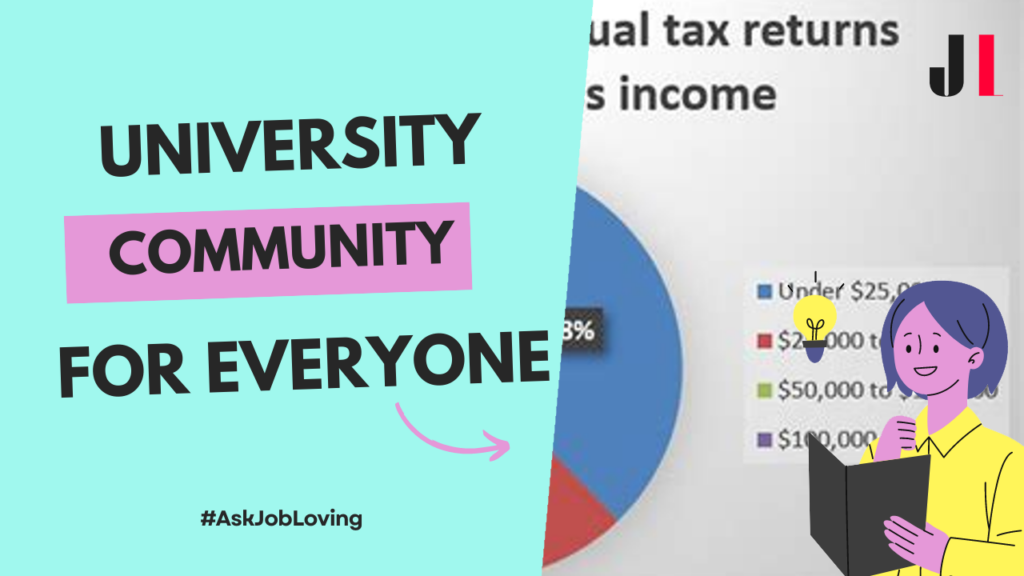Introduction
When discussing collegiate athletics, the topic of endorsements and tax obligations often comes up, especially when it concerns powerhouse institutions like the University of Michigan. This query—“does the University of Michigan pay tax on endorsements?”—is particularly significant as it touches upon the broader conversation regarding college athletes’ rights and financial responsibilities in the wake of new compensation regulations.
Does the University of Michigan Pay Tax on Endorsements?
The short answer to whether the University of Michigan pays tax on endorsements is yes, but the situation is nuanced. While universities themselves may not directly receive revenue from individual athlete endorsements, the athletes certainly do. When college athletes secure endorsement deals through programs like NIL (Name, Image, Likeness), those earnings are considered taxable income. Thus, it creates a ripple effect that involves reporting and taxation.
Universities like Michigan are subject to IRS regulations and must ensure they comply with tax laws. The NCAA’s policy change regarding athlete endorsements also implies that this income is recognized as revenue, thereby needing to be reported. If an athlete receives income from endorsements, they must report this as personal income on their taxes, which can range from hundreds to thousands of dollars depending on the deal.
In essence, while the university itself may not be taxed on the endorsement funds directly, student-athletes have their own tax obligations. Additionally, the status of athletic departments as non-profit organizations can complicate who pays what, but general public reporting requirements mean that universities must divulge all sources of revenue they generate.
Additional Insights on Taxes and Endorsements
Many people might wonder how scholarship income fits into this equation. Scholarships can be great financial aids; however, students have reported paying taxes on them if they exceed tuition and required fees—possibly costing between $700 and $2000 over four years! Full-ride scholarships might be considered taxable income, thus underscoring how complicated tax laws can become in regard to college finances.
Moreover, as universities navigate these new waters regarding NIL deals, they must adapt their compliance practices to ensure they are managing student earnings appropriately. This added layer not only raises questions about tax obligations but also places additional constraints on how athletes operate financially during their college careers. Schools must look at all avenues to support their athletes while adhering to tax regulations to maintain their non-profit status.
Conclusion: Summing It Up
The landscape surrounding endorsements at universities like Michigan is evolving rapidly and presents a striking juxtaposition between student rights and institutional obligations. While individual athletes face personal tax responsibility for their endorsement earnings, the university manages its financial operations in accordance with public regulatory standards. They don’t pay taxes directly on these endorsement revenues, but implications for student-athletes are profound.
If you’re still scratching your head about how taxes affect college athletes or have further inquiries regarding this topic, we invite you to connect with us at the JobLoving community for answers and resources tailored just for you!

